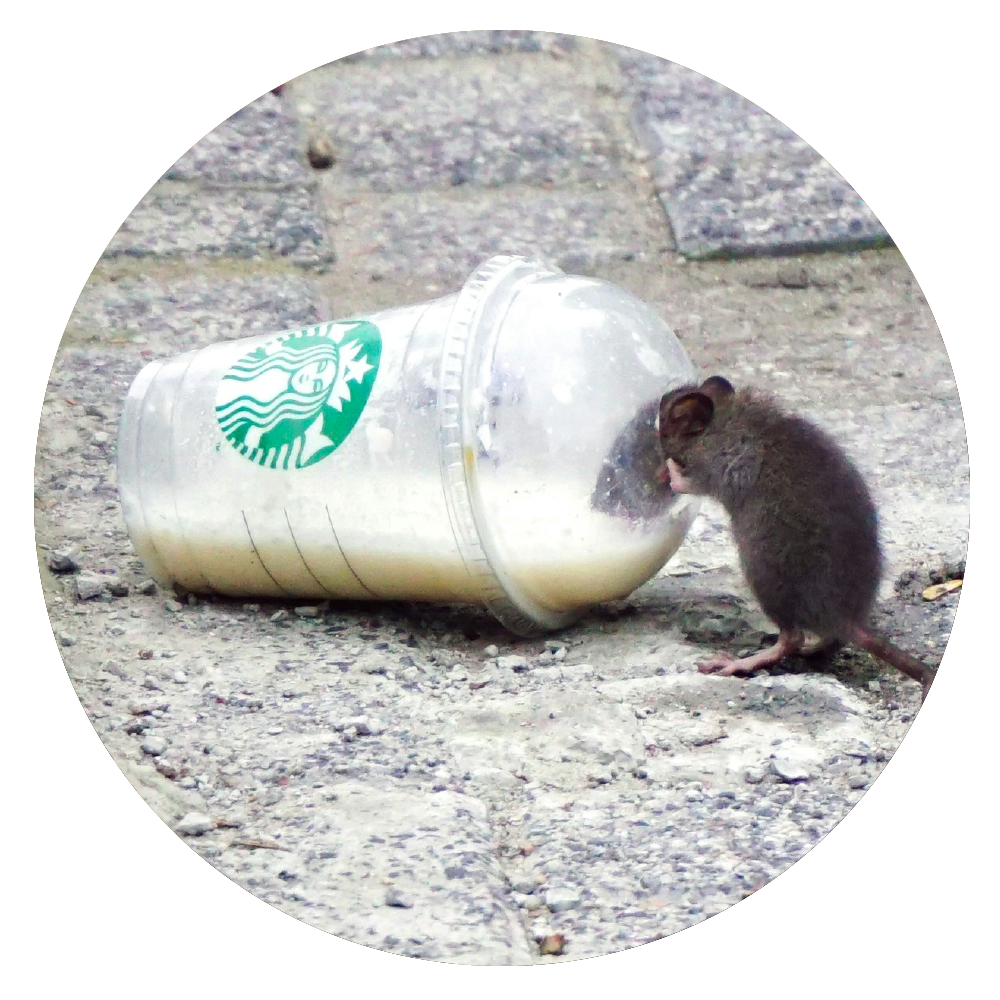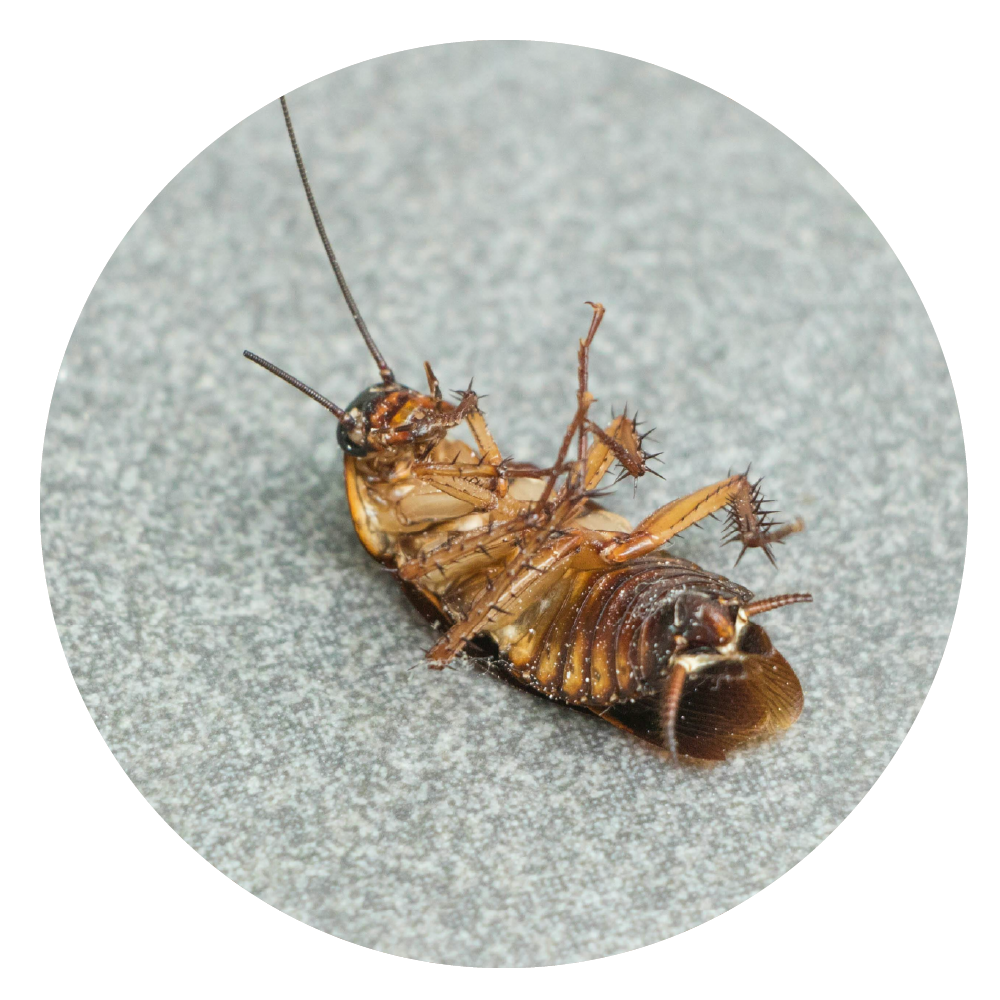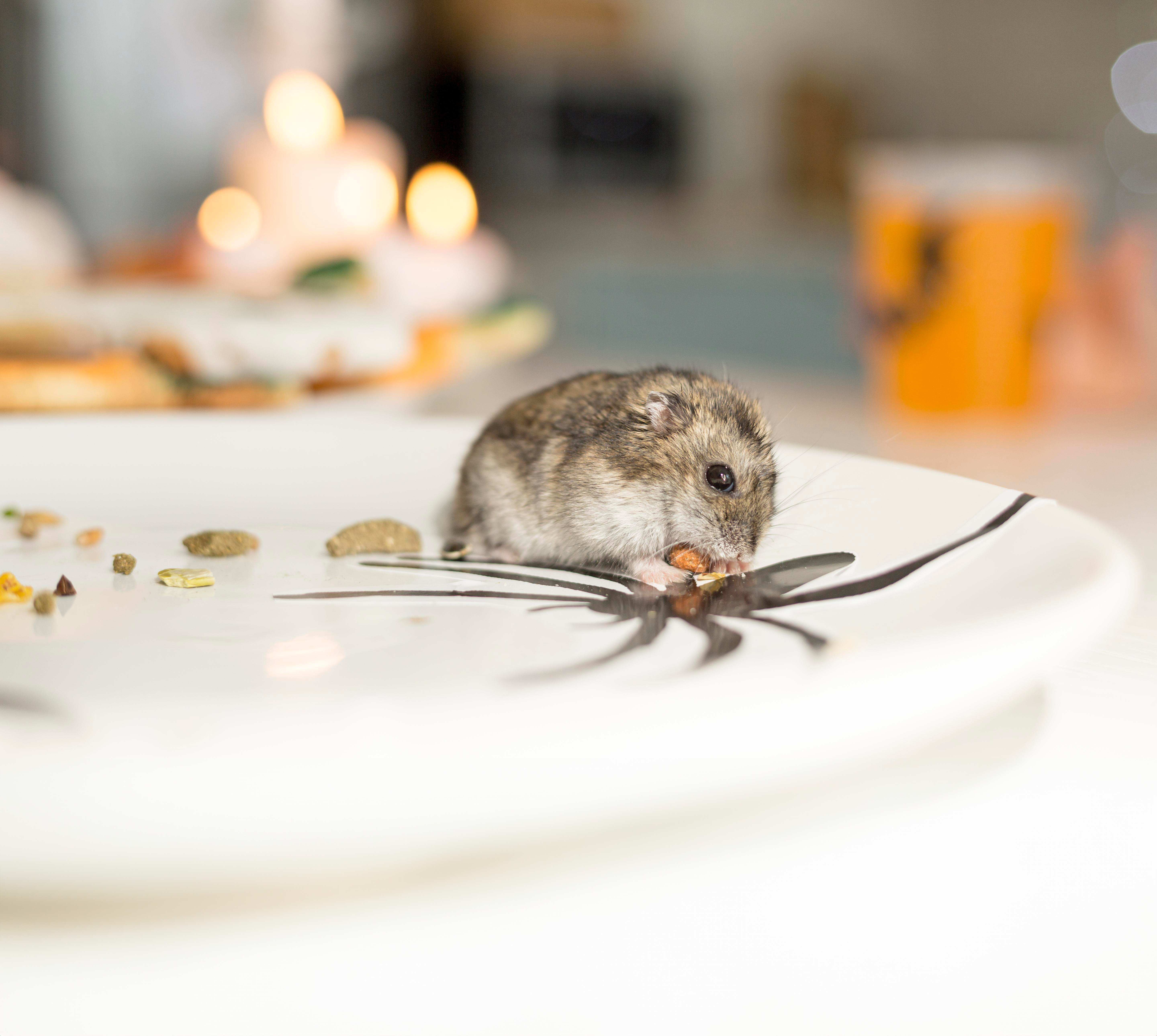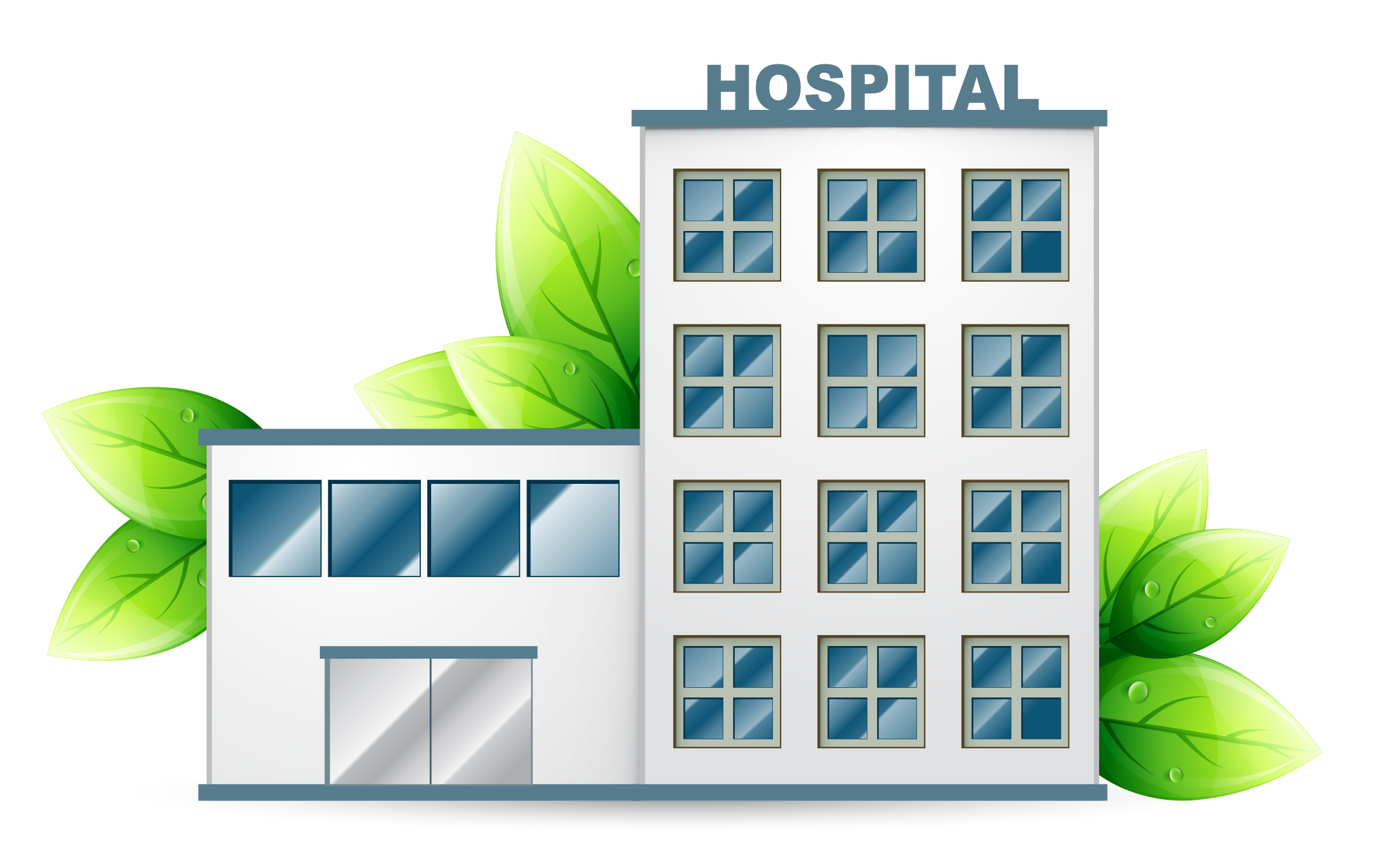Pest Control for Food Production Food Retail Healthcare Pharmaceutical Restaurants & Hospitality
Food and healthcare companies endure constant scrutiny to guarantee the highest level of protection against pest contamination in their products.


Pest Control in food production
Achieving effective pest control in food production begins with a thorough identification and understanding of the specific pests likely to cause problems. Common offenders in food production include rodents like rats and mice, as well as insects such as beetles, moths, and flies. Once these pests have been accurately identified, Verida will implement a comprehensive pest management plan, incorporating a strategic mix of control methods to ensure your premises remain pest-free.
Physical Control
Chemical Control
Biological Control
Alert Surveillance and Prompt Response
Food Retail
Pests pose a substantial risk as potential carriers of harmful diseases, jeopardising the safety of food and consumers. The ramifications of tainted food can result in serious health consequences. Additionally, pests can cause harm to a food retailer’s reputation, eroding consumer confidence and affecting profits.

Pest Management in Healthcare
Vermin like rodents, cockroaches, and insects can harbour harmful diseases and bacteria, posing significant health risks when present.

Pest Control in Healthcare and Pharmaceutical
Healthcare and Pharmaceutical facilities, including manufacturing and storage sites, necessitate stringent pest control measures to uphold product integrity and adhere to regulatory standards.
Baiting
Trapping
Pesticides
Sanitation Practices
Restaurants & Hospitality Pest Control
A robust pest management scheme is imperative for restaurants and other hospitality establishments in the UK to curb the transmission of diseases. Critters like cockroaches, mice, and rats are capable of harboring and disseminating various illnesses, including salmonella and E. coli. Moreover, these pests can trigger allergic responses in certain individuals, underscoring the necessity for stringent pest control measures within such enterprises.


